Joli Gonsalves
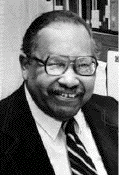
John Pires Gonsalves
New Bedford, USA, 1925 – New Bedford, USA, 1998
Singer, multi-instrumentalist, editor
Joli Gonsalves is a son of parents from Brava, he was a prominent figure in the Cape Verdean community in the Massachusetts region. He developed activities as a musician, cultural animator, educator, broadcaster and founder of the Cape Verdean Cultural Center in 1986, being the director for many years – because of this he was decorated by the city of New Bedford in 1990. He developed all these activities in the late 1960’s, when he returned to New Bedford, his hometown, after suffering a serious car accident, deciding to end his singing career. Until then he lived in New York, where his career went beyond the limits of the Cape Verdean community.
Joli Gonsalves was part of the Leonard de Paur Infantry Chorus and The Belafonte Folk Singers, a group created in 1957 to accompany Harry Belafonte on tour. It wasn’t a choir, but a group of soloists. They participated in several Belafonte’s albums and in one of them Gonsalves interprets “Tunga” – appearing sometimes as “Tunga Tunguinha” and in this album he is stated as the writer, although some sources refer to it as a traditional popular song. The composition is part of the three albums that The Belafonte Folk Singers recorded. With some members of the group, Joli Gonsalves formed the Seafarers Chorus. In that period on tour under the auspices of the US Department of State, he visited 14 African countries, including Liberia, to which it has written a national anthem (that is still unknown if it was adopted).
Before, during World War II, he accomplished several campaigns in Europe. After the war was over, he started fully dedicating himself to music: after 1947 he became vocalist and percussionist of the All-Star Cape Verdean Orchestra and from 1947 to 1952, he graduated from the Arlington Academy of Music in Arlington, Massachusetts (The Standard Times, 04/25/1998). Among groups formed by Cape Verdeans where he participated as vocalist are the Lombadiers with which he recorded a 78-rotation album, and later the Creole Sextet, aside Al Lopes and Young Boboy, among others.
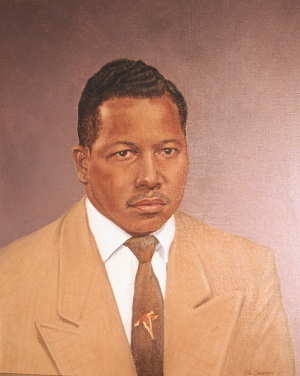
Joli Gonsalves also edited albums. An article in the newspaper O Arquipélago (10/03/1968) published in Cape Verde from 1960 to 1975 mentioned the Joli Tinker Publishing Co., of the Gon-Jo Publishing and Lota Discos, this last one according to the newspaper was the only editor specialized in Cape Verdean music in the USA at the time. It was this publisher that published Amândio Cabral’s first album in the US in 1960.
Between 1970 and 1972, Joli Gonsalves was speaker at WNBH, a radio station announcer in New Bedford. Besides roles that he played in the local administration, and social field, he was also hosted and produced a tv show to the Cape Verdean community and taught at a bilingual program designed to the Portuguese and Cape Verdean youth.
He had a vast knowledge in history, black history in particular, and jewish influence in Cape Verde, you can read in The Standard Times (04/25/1998), newspaper in New Bedford, at the time of his death, reported on the first page.
Discography
- Joli Gonsalves & Joe Livramento, LP, 1969.
- Participation in 78 rpm of the group Lombadiers, [déc. 1940] interpreting the theme “Caminho longe” (será “Sodade”?).
- Participation in Harry Belafonte’s albums: LP Streets I Have Walked, RCA, New York, [déc. 1950]; EP This Land is Your Land, RCA, New York, [déc. 1950].
- Solo in the album Belafonte Folk Singers: EP At Home and Abroad, RCA, New York, 1961. Interpreting “Tunga”.
- Participation in the CD So Sabi: Cape Verdean Music from New England, 1999, with Creole Sextet.
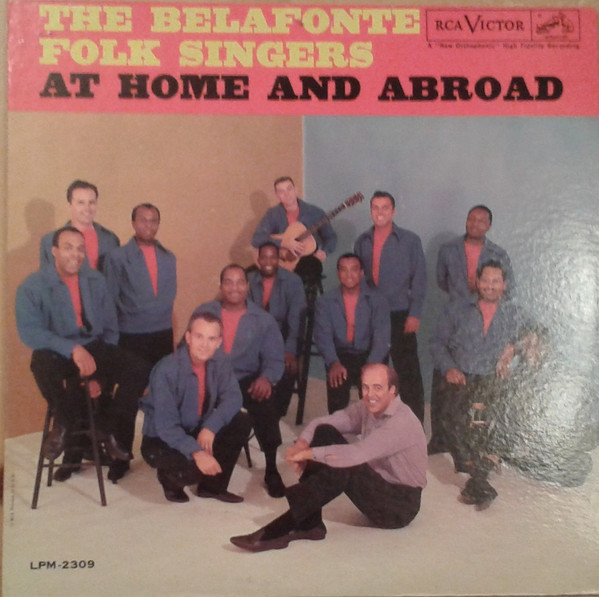
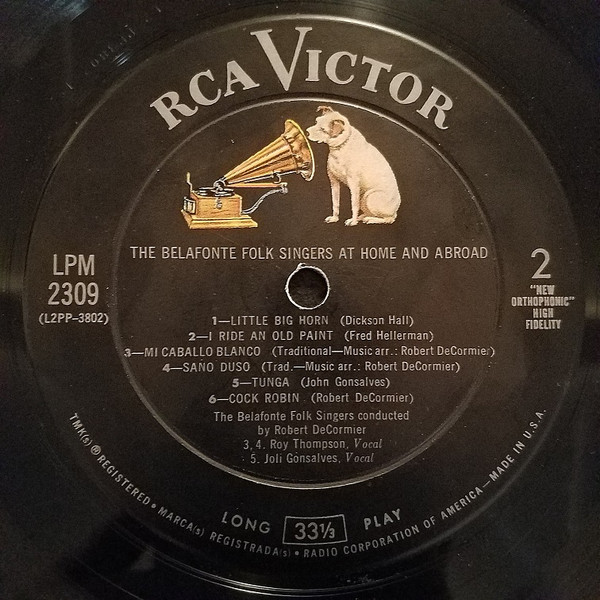
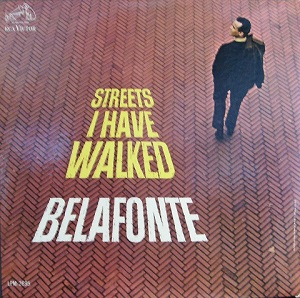
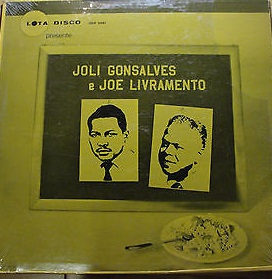
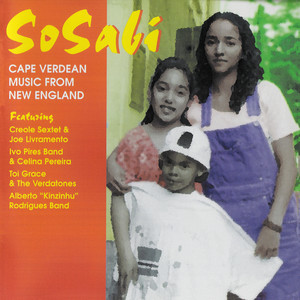
Songs
Vivi, Tunga (controversial authorship)
Thanks to Ron Barboza for the collaboration in the research.